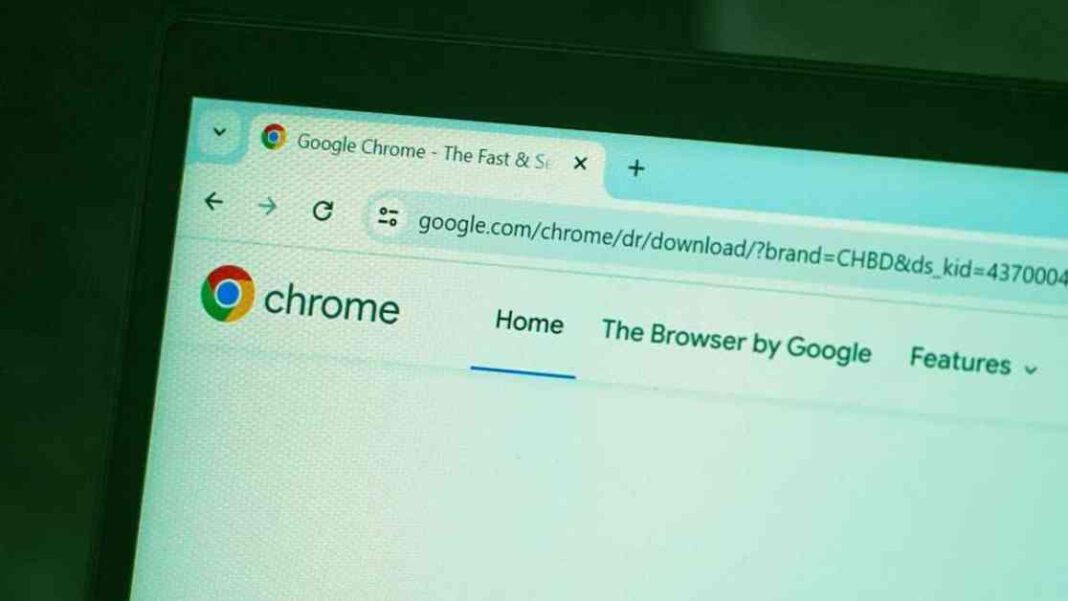The U.S. Department of Justice is considering suggesting that Google should sell the Chrome browser as part of an enforcement action following a federal court’s finding that Google violated anti-trust laws. The court found Google guilty back in August, and this could potentially be the most significant antitrust action since the breakup of AT&T/Bell in the 1980s. While the specifics of the enforcement action are still uncertain, recent reports indicate that the DoJ is focusing on Chrome as the piece of the monopoly puzzle that needs to be addressed.
In addition to potentially forcing Google to divest itself of Chrome, the DoJ may also require the tech giant to stop making exclusivity contracts that are common in its partnerships with OEMs for Android and Chrome devices. The DoJ also wants Google to provide websites with more tools to opt-out of having their data scraped for AI training purposes.
It’s important to note that these are just suggestions at this point, and the final decision will ultimately rest with District Judge Amit P. Mehta. Google is likely to appeal any decision that goes against them, as they have accused the Department of Justice of pushing a radical agenda beyond the legal issues of the case.
Google’s legal team may be hoping for a delay in the proceedings, as they speculate that a new administration with different views on corporate regulation could take over before any final decisions are made. However, with the incoming administration showing a strong stance against tech companies like Google, the outcome remains uncertain.
President Trump has been vocal about his criticisms of Google, accusing the company of bias against him and others. This adds another layer of complexity to the case, as the current administration and the incoming one both have reasons to scrutinize Google’s practices.
In the midst of this legal battle, Google finds itself in a challenging position. The outcome of the case will not only impact the tech giant but could also have broader implications for the tech industry as a whole. As the case unfolds, the tech world will be watching closely to see how it may shape the future of antitrust regulations in the digital age.











